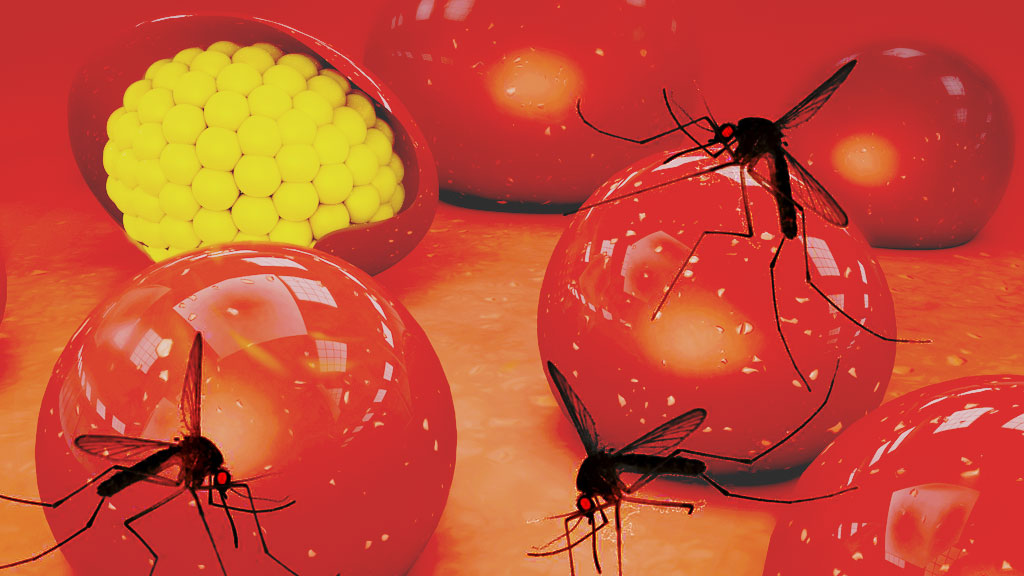Scientists at Walter Reed Army Institute of Research, in a collaboration with Duke University, have confirmed that monoclonal antibodies can be an effective tool in the global fight against malaria.
The study, led by Dr. Sheetij Dutta, chief of the Structural Vaccinology Laboratory at WRAIR, showed that mAbs such as CIS43 were most effective in a culture-based assay that measured malaria parasites’ ability to infect a human liver cell, while another mAb 317 showed the best activity in a mouse infection model.
The “difference in assay outcomes for mAbs could reflect distinct sites on the circumsporozoite protein that can be exploited for developing improved vaccines,” Dutta noted.
Despite decades of malaria vaccine research, current vaccine candidates have shown low efficacy in field trials conducted in several countries in Africa. Many researchers from around the world have now focused their attention on using monoclonal antibodies against the circumsporozoite protein of the parasite.
Unlike vaccines, where protective responses can take multiple doses and many months to develop, mAbs may offer months of protection immediately after administration of a single injectable dose and can be developed at a fraction of the cost of developing new drugs.
Army Col. Jason Regules, MD, director of WRAIR’s Malaria Biologics Branch, added, “this was a critical study and will help to guide our future work in isolating monoclonal antibodies of unique specificity and activity from ongoing clinical trials of the FMP013 and FMP014 malaria vaccines that were developed at the WRAIR, in collaboration with our malaria research partners.”
Malaria, spread by infectious mosquitoes, causes over 200 million cases and kills hundreds of thousands of people every year, with a disproportionate allocation of morbidity and mortality distributed amongst children and pregnant women living in the most impoverished and resource-limited areas of the world. Malaria-naïve travelers to malaria-endemic regions must employ anti-malarial countermeasures or also be at risk of grave illness or death. Anti-malarial drug effectiveness, a cornerstone for prevention and treatment, can be sub-optimal due to ever-emerging resistance, the need for frequent administration, and difficulties with compliance.
In vitro and in vivo inhibition of malaria parasite infection by monoclonal antibodies against Plasmodium falciparum circumsporozoite protein (CSP). Scientific Reports, 5 March 2021.


